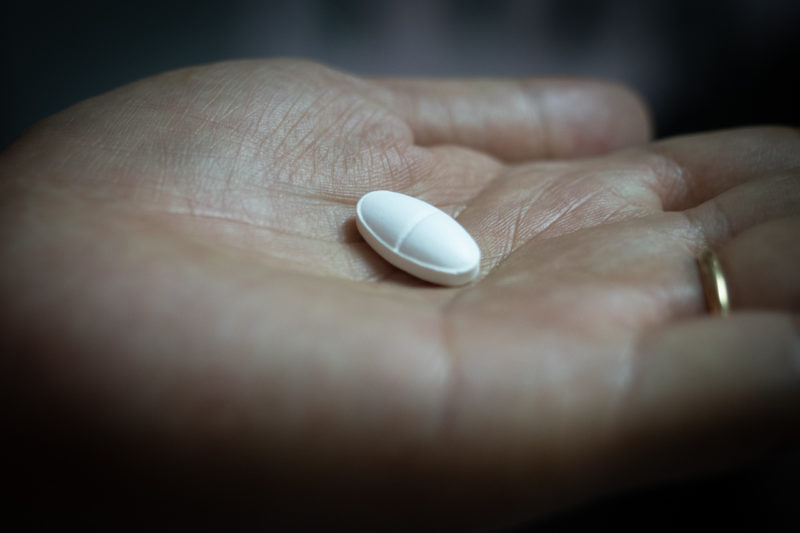GTPI has presented an argument to the Brazilian Patent Office (INPI) to invalidate the patent granted for the drug daclatasvir.
The Working Group on Intellectual Property (GTPI), coordinated by the Brazilian AIDS Interdisciplinary Association (ABIA) presented a post-grant opposition against the granting of the patent for the drug daclatasvir to INPI. GTPI is comprised of civil society organizations advocating for better access to medicines.
Daklinza®, the brand name of daclastavir, is a drug marketed by Bristol-Myers Squibb (BMS) an American company, for adults with hepatitis C including those with HIV co-infection.

The granting of the patent creates a monopoly for BMS that prevents the entry of cheaper generic versions in the market. In October 2018, INPI granted patent PI0716483, referring to daclatasvir. Post-grant oppositions can be filed in Brazil within six months after the granting of a patent.
In GTPI’s opinion, this patent is unmerited.
Their main argument is that the patent lacks sufficiency of disclosure. This means the application has not disclosed the claimed invention in sufficient detail. The technology should be described in enough detail for it be reproduced by a ‘person skilled in the art’. The requirement is fundamental to patent law: a monopoly is granted for a given period of time in exchange for a disclosure to the public how to make or practice the invention.
“It is not possible to reproduce the technology present in the patent of daclatasvir with the information that is in the document issued by INPI. The patent is too broad and too vague. The object of the patent is not sufficiently described and, in practice, we do not know exactly what is being withdrawn from the public domain,” says GTPI pharmacist and consultant, Carolinne Scopel.
The patent is too vague… we do not know exactly what is being withdrawn from the public domain – Scopel
Patent pushes prices up
The importance of the entry of generic versions of daclatastavir in the market lies in the potential price reduction.
The price paid by Brazil on the last purchase it made was $1,730 for a full course of treatment. In Egypt, where there are generic versions, the same treatment costs $22.50. Even in countries where there are no generics, BMS charges much lower prices. For example in Myanmar, the full treatment costs $354. In Brazil, BMS offered a significant discount in July 2018, lowering the price of the treatment to US $630, but after the patent was granted, it went back up to charging US $1,730.
Between $22 and $1,730. The difference an unmerited patent can have on price.
Daclatasvir is used in combination with the drug sofosbuvir. According to the World Health Organization (WHO), this option is commonly used in middle- and low-income countries. Since 2018, based on several available evidences, it is now considered a pangenotypic regimen, that is, it can be used for all variations or disease ‘types’.
High price eradicates choice
Between 2015 and 2017, sofosbuvir/daclatasvir (SOF/DCV) was the treatment acquired by Brazil’s health system, Sistema Único de Saúde (SUS). In 2018, 15,000 treatments were also purchased in an emergency.
In 2019, however, the cheapest option was the combination sofosbuvir/velpatasvir (SOF/VEL), also pangenotypic. The discontinuation of the purchase of SOF/DCV is directly associated to BMS’ price increase. If BMS maintained the price charged in July 2018, the combination of SOF/DCV would have been purchased at a lower price than the combination SOF/VEL. A national company entered the market with a generic version of SOF, participating in the public tender, offering prices lower than the brand-name drug.
About 15,000 patients are currently receiving SOF/DCV-based treatment and face difficulties with distribution. BMS is delivering the product in four shipments that continue until May. Some of these shipments contain products with dates close to expiration.
“BMS gives clear signs that it is committing what I would describe as patent abuse, backed by its newly acquired patent. In 2018, it put an absurd price increase in place, which jeopardises access to treatment. We are filing this post-grant opposition to fight back against these abuses and prevent it from happening again,” explains Pedro Villardi, GTPI coordinator.




